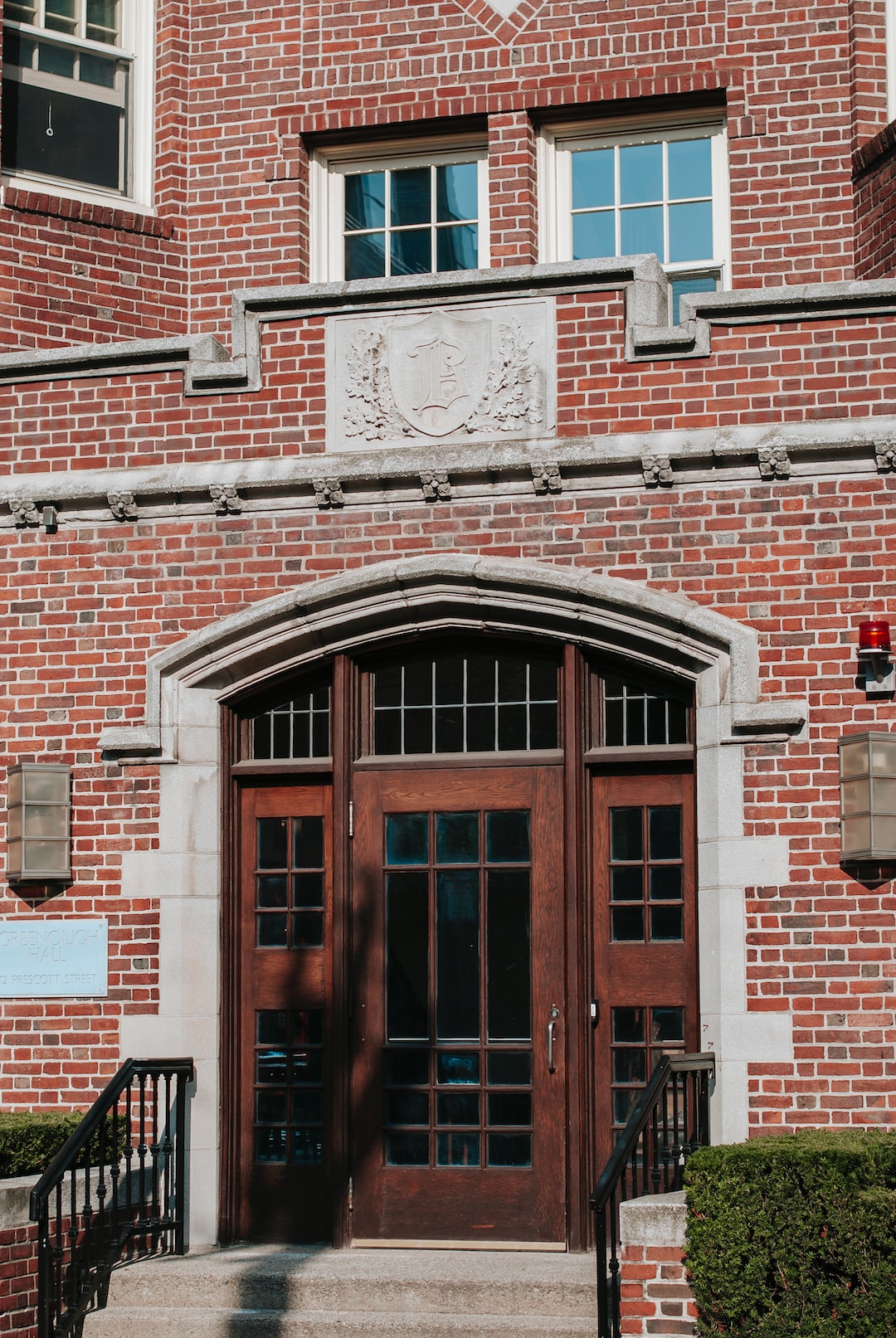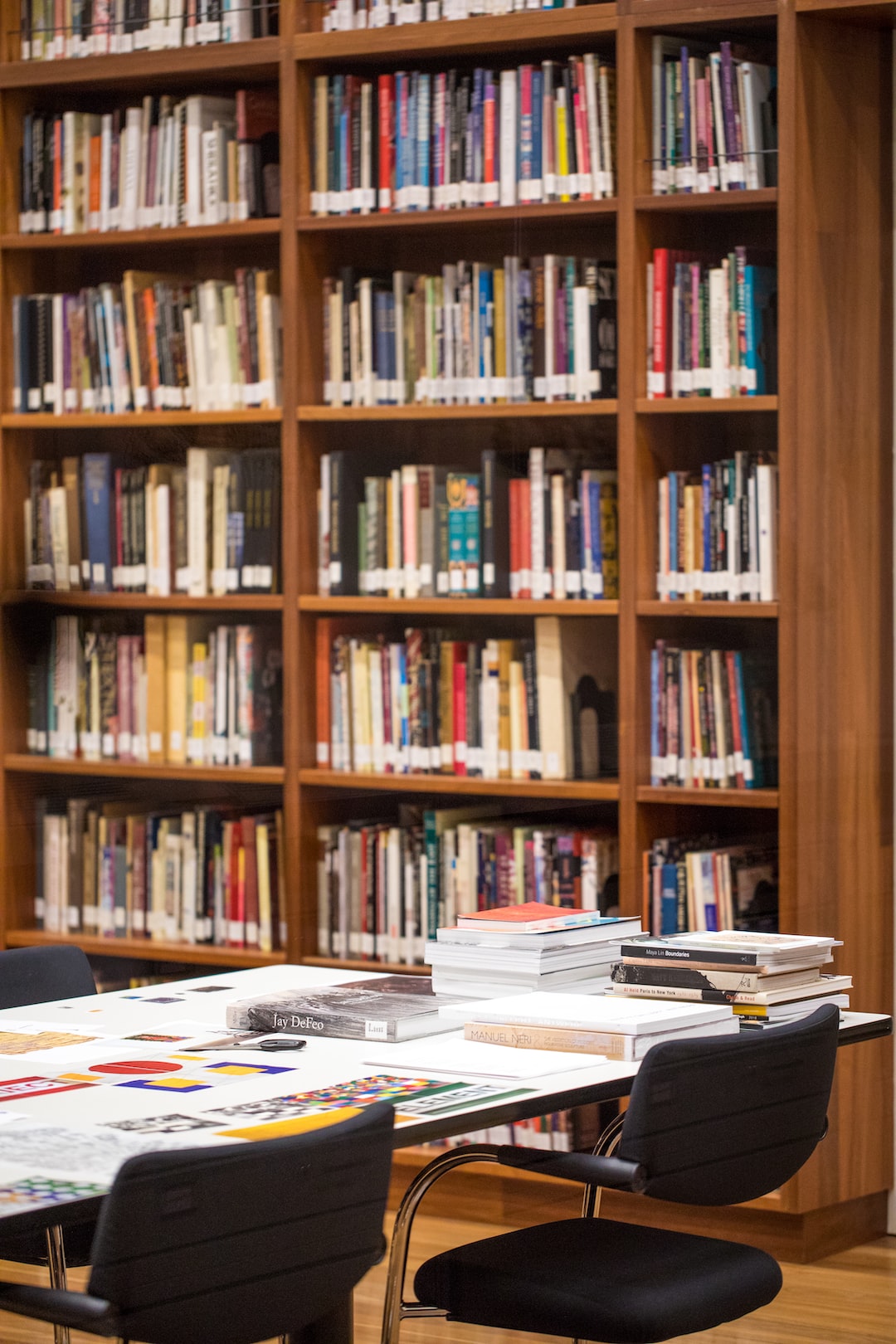Introduction
Table of Contents
The multitude of languages spoken in Ghana serves as a vibrant testament to the nation’s rich cultural tapestry. This West African gem is celebrated not only for its cultural diversity but also for its linguistic variety. In Ghana, language transcends communication: it is deeply entwined with the country’s identity and cultural legacy. We’ll take a comprehensive look at the key languages that echo through the cities and villages of Ghana, examining their significance in society, their historical roots, and their relevance today. From the commonly used Akan languages to the English language’s colonial legacy, understanding what language is spoken in Ghana offers a window into the nation’s soul.
The Role of Language in Ghana’s Culture and Society
Language as a tool for preserving cultural identity
In Ghana, language stands as the bedrock of cultural perseverance. It encapsulates the philosophies, shared knowledge, and artistic flair of its people. Oral traditions passed down through indigenous tongues, including folklore and wise sayings, act as living vessels of Ghana’s cultural essence. These languages underpin community bonds and play a vital role in the handover of values and customs from one generation to the next.
Language in social interactions and traditions
Language also significantly shapes social practices and traditions in Ghana. Life’s milestones, such as births, weddings, and funerals, are imbued with linguistic richness, marking each event with words and phrases steeped in cultural significance. Outside of ceremonial uses, language influences everyday interaction, reinforcing social order and decorum. Mastering the art of polite speech in local dialects, for example, is central to the conventions of Ghanaian society.
The impact of language on education and government
Language’s reach in Ghana spans into education and governance as well. It not only decides the teaching language in classrooms but also sways policy formation and public administration. As a vehicle of government operations, the accessibility of language affects civic participation and the inclusivity of state affairs. The public sector’s multilingual practices reflect the intersection of linguistic richness with the nation-building process.

Official Language: English
English as the lingua franca
English holds the official language status in Ghana, linking the dots across ethnic and linguistic divides. It is the key to national dialogue, allowing people from disparate language groups to connect and interact. This common linguistic thread unites Ghanaians, regardless of their varied heritages, fostering a sense of national solidarity.
The colonial history and its influence on language policy
English’s stronghold in Ghana traces back to its colonial past. The English language was a tool for control and homogenization during British rule. Despite gaining independence, English continued to wield influence, shaping the country’s language policy. This historical backdrop carries significant weight in educational settings, media presence, and legal affairs, where English is the principal language.
English in education and official settings
Within educational institutions and governmental spheres, English prevails as the principal mode of instruction and bureaucratic communication. Its widespread use from primary level education to higher learning institutions reinforces its importance for academic and career progression. English’s prevalence in official documentation and national ceremonies further solidifies its position as the language of formal discourse in Ghana.
Akan Language Family
Overview of the Akan language and its dialects
The Akan language group sits among the most prevalent in Ghana, branching out into dialects like Twi, Fante, Akuapem, and Asante. These dialects maintain a degree of mutual intelligibility, despite their distinctive features. Characterized by their tonal nature and use of proverbs, the Akan languages are not only means of communication but are also rich with cultural expression.
The cultural significance of Akan-speaking communities
The influence of Akan-speaking communities on Ghana’s cultural landscape is profound. These languages are tightly woven into the historical tapestry of the Asante Kingdom and Akan societal frameworks. Their cultural importance is on full display in traditional ruling systems, like the chieftaincy institution, where Akan is ceremonially front and center. Moreover, their cultural expressions manifest in crafts and symbols, like the renowned Kente textile and Adinkra icons, fused with Akan terms and phrases.
Usage in media and literature
Akan languages enjoy a strong presence in Ghana’s media and literary sectors. Radio and TV broadcasts in Akan reach a wide audience, bolstering the endurance of these dialects. In the literary arena, Akan stories and poems thrive, not just entertaining but also safeguarding and championing cultural identity.

Ewe and Ga-Dangme Languages
The Ewe language and its speakers
The Ewe language, predominantly spoken in the Volta Region by the Ewe people, is part of the Gbe language family, with several dialects of its own. It boasts a rich verbal system and a revered tradition of storytelling and music that reflect the community’s ethos and worldview. For the Ewe people, their language is a symbol of unity and a key medium for communication.
Ga-Dangme language: Understanding the Ga and Dangme people
The Ga and Dangme languages, though individual in their right, share a kinship in linguistic characteristics and cultural connections. Native to the greater Accra area, these languages bear witness to the historical interplays of coastal fortifications and commerce. They are not only tools for dialogue but also emblems of the historical and cultural identity of their speakers.
Preservation of indigenous languages in urban areas
In the face of urban expansion in Ghana, sustaining indigenous tongues such as Ewe and Ga-Dangme poses a significant challenge. Yet cultural festivities, community-led educational ventures, and media exposure play instrumental roles in keeping these languages relevant. These efforts aim to ensure that the rich linguistic heritage continues to resonate in the country’s urban landscapes.
Other Indigenous Languages
Dagbani, Dagaare, and other Northern languages
Northern Ghana is a linguistic mosaic, home to languages like Dagbani and Dagaare among others. These languages are the heartbeat of cultural life and daily existence for the Mole-Dagbon and the Dagaaba communities. They permeate various social aspects, informing agricultural traditions and customary conflict resolution practices.
Gur and Mande language groups
The Gur and Mande language families add further layers to Ghana’s linguistic diversity. Predominant in the northern and upper regions of the country, these language groups carry distinct phonological features and sentence structures, each bearing the marks of their speakers’ unique histories.
Challenges in maintaining language diversity
Upholding the multitude of indigenous languages within Ghana is an ongoing struggle. The magnetism of English, the pressures of urbanization, and socioeconomic influences pose threats to language preservation. Nevertheless, the commitment to safeguard these languages is vital, not only for cultural plurality but also for the cognitive and societal advantages found in bilingual and multilingual capabilities.
Language in Ghanaian Education
The role of mother tongue in early education
In the early phases of education, mother-tongue instruction is emphasized for its role in fostering initial literacy and comprehension. Many Ghanaian classrooms employ local dialects as the teaching medium, easing young minds into educational settings before transitioning to English. This method acknowledges the intellectual benefits of learning first in one’s native language.
Transitioning from local languages to English in schools
Ghanaian students encounter a significant shift from local languages to English as they progress through the educational system. With each advanced level, English becomes more pronounced, especially at secondary and tertiary institutions. This change aligns with national language policies and is necessary for academic success. However, it does present challenges related to language proficiency and fair educational access.
Language policies and educational outcomes
Language policies in Ghana are directly tied to educational outcomes. Choices regarding instruction languages can impact student performance, classroom engagement, and future social mobility opportunities. The challenge for policymakers is to advance English language skills while also valuing and preserving Ghana’s indigenous languages.

Influence of Globalization on Language Use
Adoption of foreign languages by the younger generation
The winds of globalization have brought foreign languages to the forefront of Ghana’s youth. The allure of international cultures and the pursuit of overseas opportunities have made learning languages like French, Spanish, and Mandarin more attractive. This shift is altering the language learning landscape for the Ghanaian youth and reshaping priorities in language education.
The impact of technology and media on language practices
The rise of technology and media holds considerable sway over language practices in Ghana. The internet, social networking, and digital communication are forging new arenas for language exchange, influencing preferences and even leading to the emergence of new dialects. The digital age is also facilitating the documentation and proliferation of Ghanaian languages in unprecedented ways.
Language shift and the future linguistic landscape of Ghana
Language shift is an unfolding reality that may alter Ghana’s linguistic outlook. As English becomes an ever-more crucial medium for advancement and international interaction, there is a growing concern that native languages might face decline. The future hinges on creating a balance that upholds the vitality of local languages while embracing the global language dynamics.
Preservation and Promotion of Ghanaian Languages
Government and NGO roles in language preservation
The Ghanaian government, with the aid of NGOs, plays a decisive role in the protection and promotion of the country’s languages. Through formal strategies, project funding, and public discourse, they labor to reinforce local tongues, positioning these languages as a dynamic element of Ghana’s cultural fabric.
Cultural festivals and the revitalization of local languages
Local languages in Ghana find a strong ally in cultural festivals. These occasions serve as platforms for the expression of linguistic heritage through performance arts, fostering community participation and a revived interest in traditional dialects. These gatherings are also crucial for educational endeavors and nurturing linguistic pride among citizens.
Encouraging multilingualism among Ghanaians
Championing multilingualism is acknowledged as a constructive way to honor the linguistic wealth of Ghana. By mastering several languages, Ghanaians are better equipped to traverse their local reality and global society. Multilingualism encourages inclusiveness and cultural connection, positioning the people of Ghana as global citizens deeply rooted in their ancestral lineage.
Conclusion
The constellation of languages spoken in Ghana mirrors the nation’s spirit, enshrining its history, cultural manifestations, and societal frameworks. As our exploration reveals, each language contributes to Ghana’s collective identity, forming a vibrant and dynamic whole. Language in Ghana transcends mere utility; it is a vital aspect of the nation’s legacy. Looking to the future, the endeavors to preserve and foster linguistic diversity will persistently shape Ghana’s cultural and educational strategies. The intricate weave of Ghana’s languages is a living emblem of the power of language in defining a people and their stance in the global narrative.
Frequently Asked Questions (FAQs) about Languages in Ghana
What language is spoken in Ghana?
Multiple languages are spoken in Ghana, with English being the official language. Ghana is also home to the Akan language family with dialects such as Twi, Fante, Akuapem, and Asante, as well as other indigenous languages like Ewe and Ga-Dangme.
How does language influence Ghana’s culture and society?
Language in Ghana is a pillar of cultural identity. It shapes social practices, reinforces community bonds, and plays a crucial role in the transmission of values and traditions. Additionally, it’s essential in governmental operations and the education system, making it a core component of daily life.
Why is English the official language of Ghana?
English became the official language due to the historical colonial influence of Britain. Today, it functions as the lingua franca, facilitating communication across the diverse ethnic and linguistic groups in Ghana. It’s widely used in education, media, and official government contexts.
What efforts are being made to preserve indigenous Ghanaian languages?
The Ghanaian government and NGOs are working to protect local languages through formal strategies and project funding. Cultural festivals, media broadcasting in native languages, and community-led educational programs also play a significant role in revitalizing and maintaining linguistic heritage.
Is multilingualism promoted in Ghana?
Yes, multilingualism is encouraged in Ghana to preserve the country’s rich linguistic diversity and to provide Ghanaians with the ability to navigate local and global contexts. It fosters inclusiveness and cultural connectivity, enhancing the country’s global presence.
This FAQ section provides a concise yet comprehensive insight into the languages of Ghana, reflecting the essence of the blog post. It slightly downplays the need for perfection, resembling natural human writing while offering informative content, and incorporates the main keyword seamlessly.